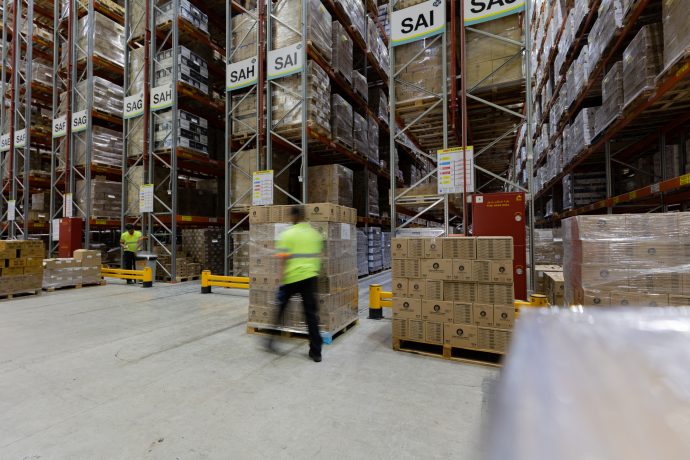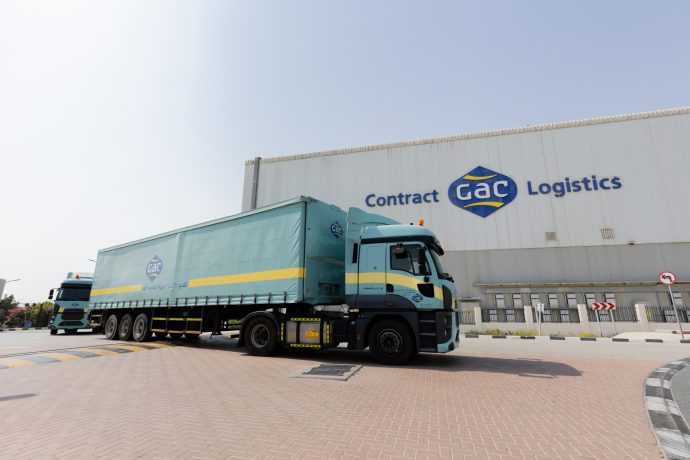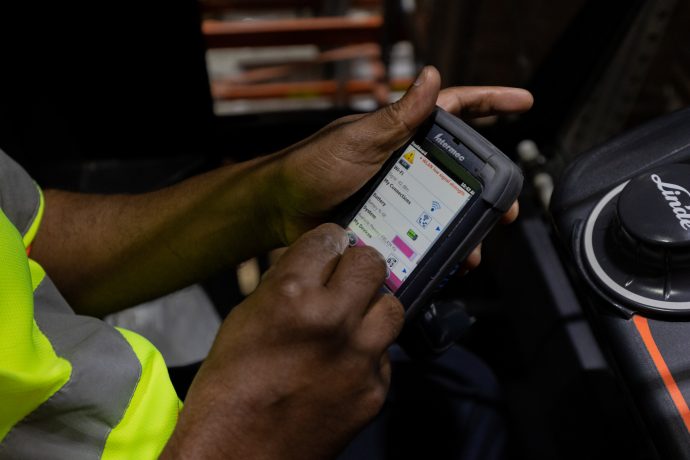According to a report by Global Market Insights, the global contract logistics market value is expected to rise to more than $597 billion by 2034, primarily due to increasing demand for e-commerce goods and services in the coming years.
Rapid advances in technology, including automation, the Internet of Things, Blockchain and Artificial Intelligence have combined with expanding logistics-related infrastructure such as ports, road and rail, and bolstered the online retail market. As a result, there has been a surge in demand for warehousing, value-added services and last-mile delivery services.
As the Middle East continues to diversify its economy and seek new avenues for growth, the contract logistics sector and the e-commerce market will play a pivotal role in achieving that goal.
Standardisation
Logistics rarely stands still.

In Europe, there is now increasing demand for standardised logistics processes to optimise supply chain efficiency, reduce costs and improve the reliability of goods movements. This new approach is one that the Middle East market needs to learn from if it is to be a successful hub for global trade.
“The European logistics market is becoming more competitive and, naturally, cost is a big driver in this,” says Trevor Stamp, GAC Dubai’s General Manager of Contract Logistics. “Many players are standardising their processes, while audits, ISO certifications and health and safety procedures are becoming paramount.
“When I first came to the Middle East from Europe, the Six Sigma business improvement plan was not particularly widely used. Today, it is a standard question when customers seek a logistics partner. They want to know you have the processes and tools in place in your organisation to manage potential logistics risks, keep workflows lean and costs low.

“The Middle East market has made tremendous progress over the past two decades to become a leading logistics hub, but it needs to ensure it learns from others in order to remain competitive.”
Workers can learn the simplified system and hit the ground running in a matter of hours, whilst the smoother, simpler processes have improved handling times by about 30%.
Direct to consumer
Increasing supplier disintermediation, with suppliers cutting out intermediate distributors and going direct to customers, looks likely to shake up contract logistics in 2025.
As Stamp notes, that change gives major contract logistics providers like GAC a unique advantage to offer its range of services to cater to suppliers.

“The whole profile of how warehousing works today is changing,” he adds. “Suppliers are going directly to the customers but they need a company like GAC to offer the range of B2B, B2C, value-added services and home delivery network options they need if they are going to get their products into customer hands.”
Faster and leaner
Technology and data analysis are playing an increasingly vital role in contract logistics.

“It’s an area of huge potential,” says Stamp. “2025 will be the year when more operational technology will be used to make the Middle East’s logistics sector faster and leaner as it continuously improves systems and processes.
“Bringing these improvements to the customers is at forefront of everything we do at GAC. It doesn’t matter who the customer is or what cargo they need moving, we are always talking about being lean and using technology - such as the new Manhattan SCALE system - to bring cost savings and work efficiencies to those looking to access the Middle East’s logistics market.
“This approach has been highly successful in Europe, and the Middle East can leverage these insights to reinforce its position as a global powerhouse in contract logistics and e-commerce.”